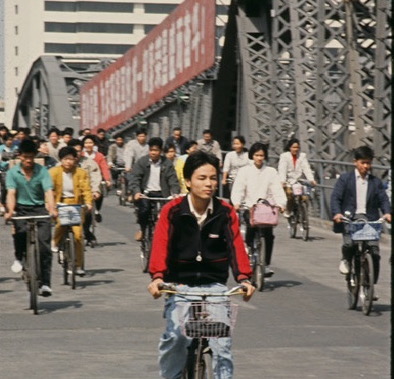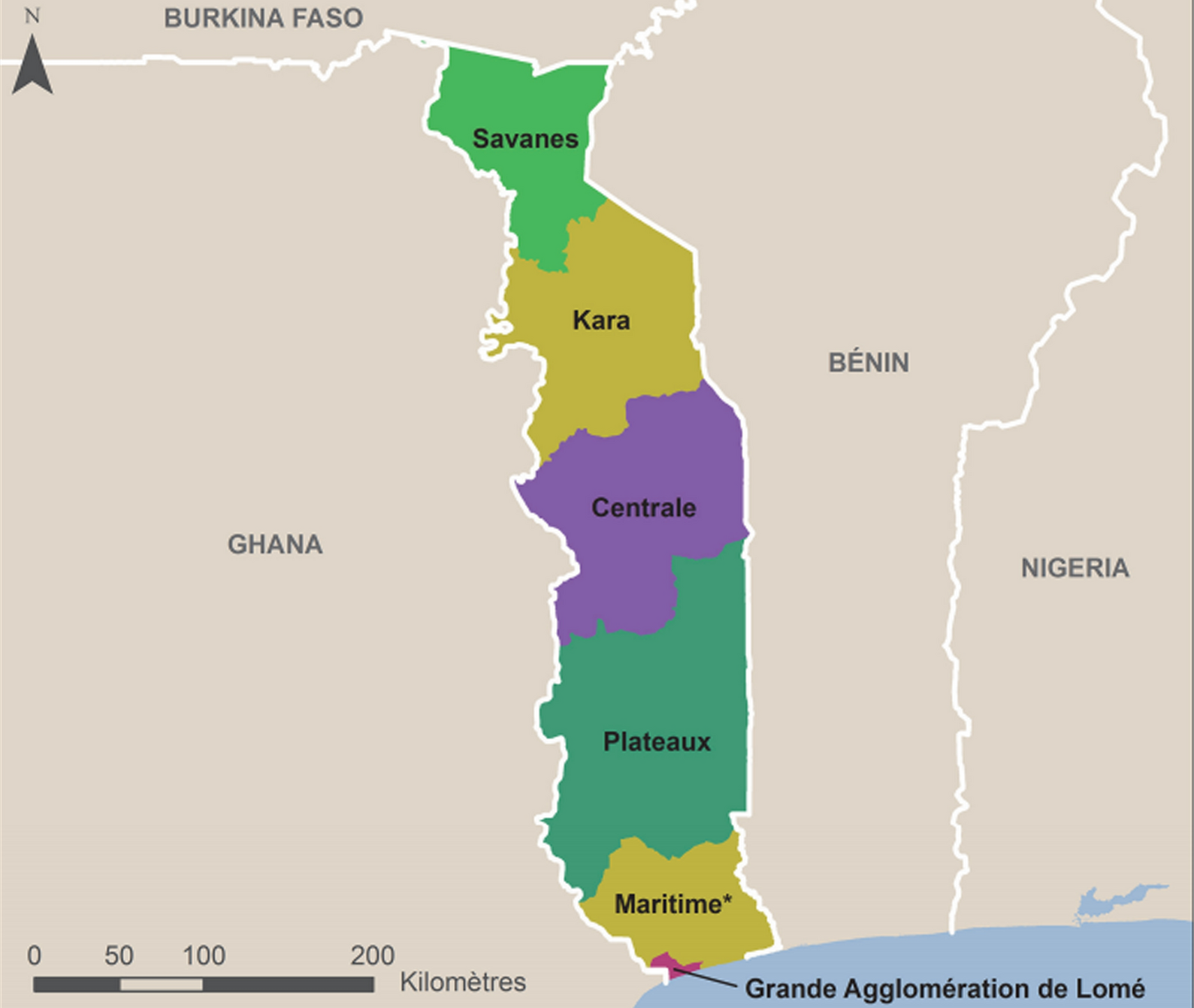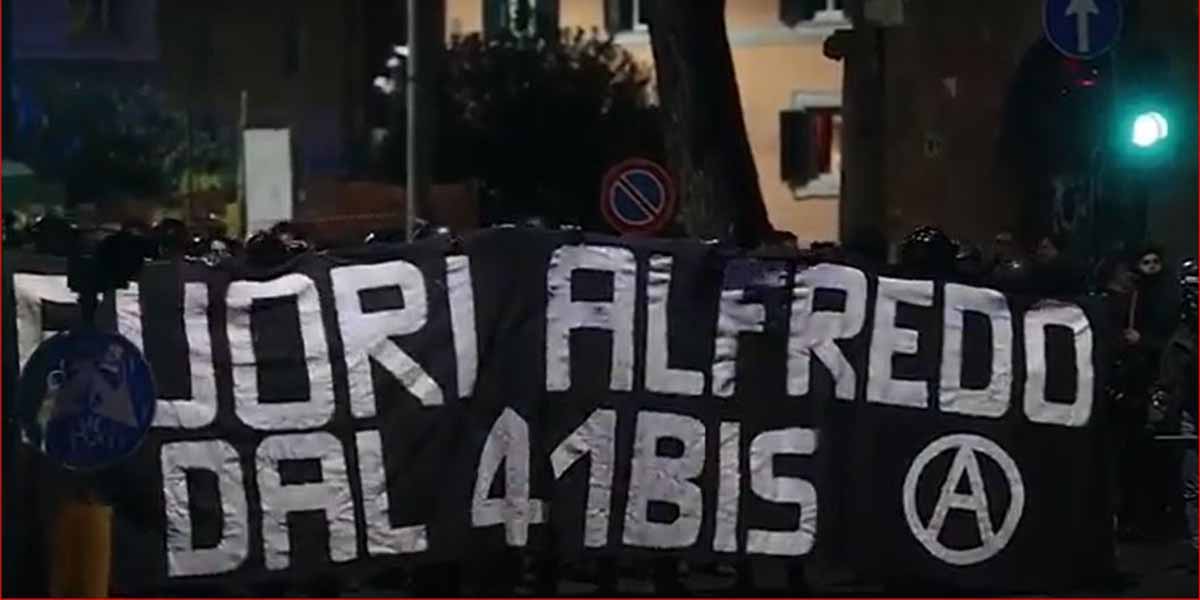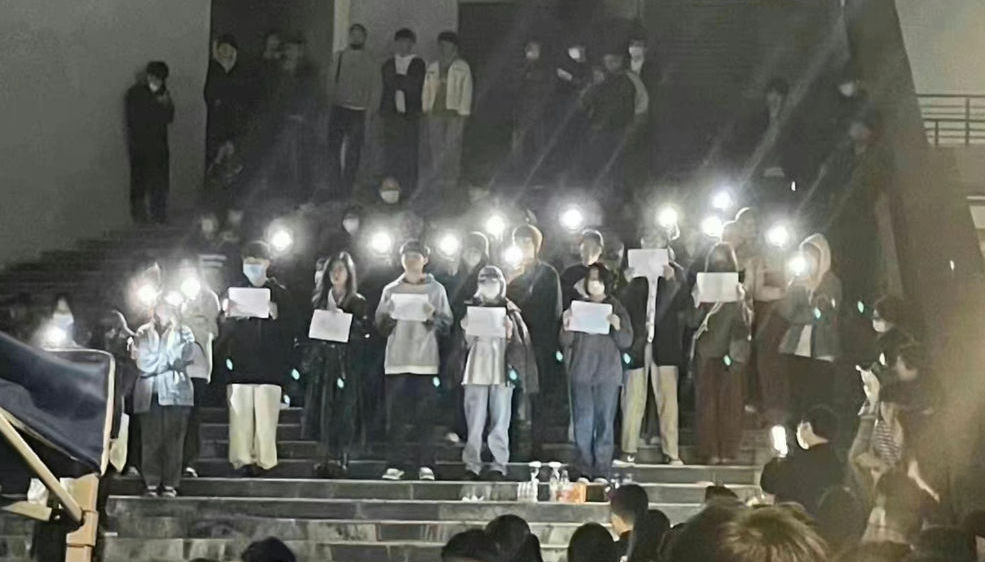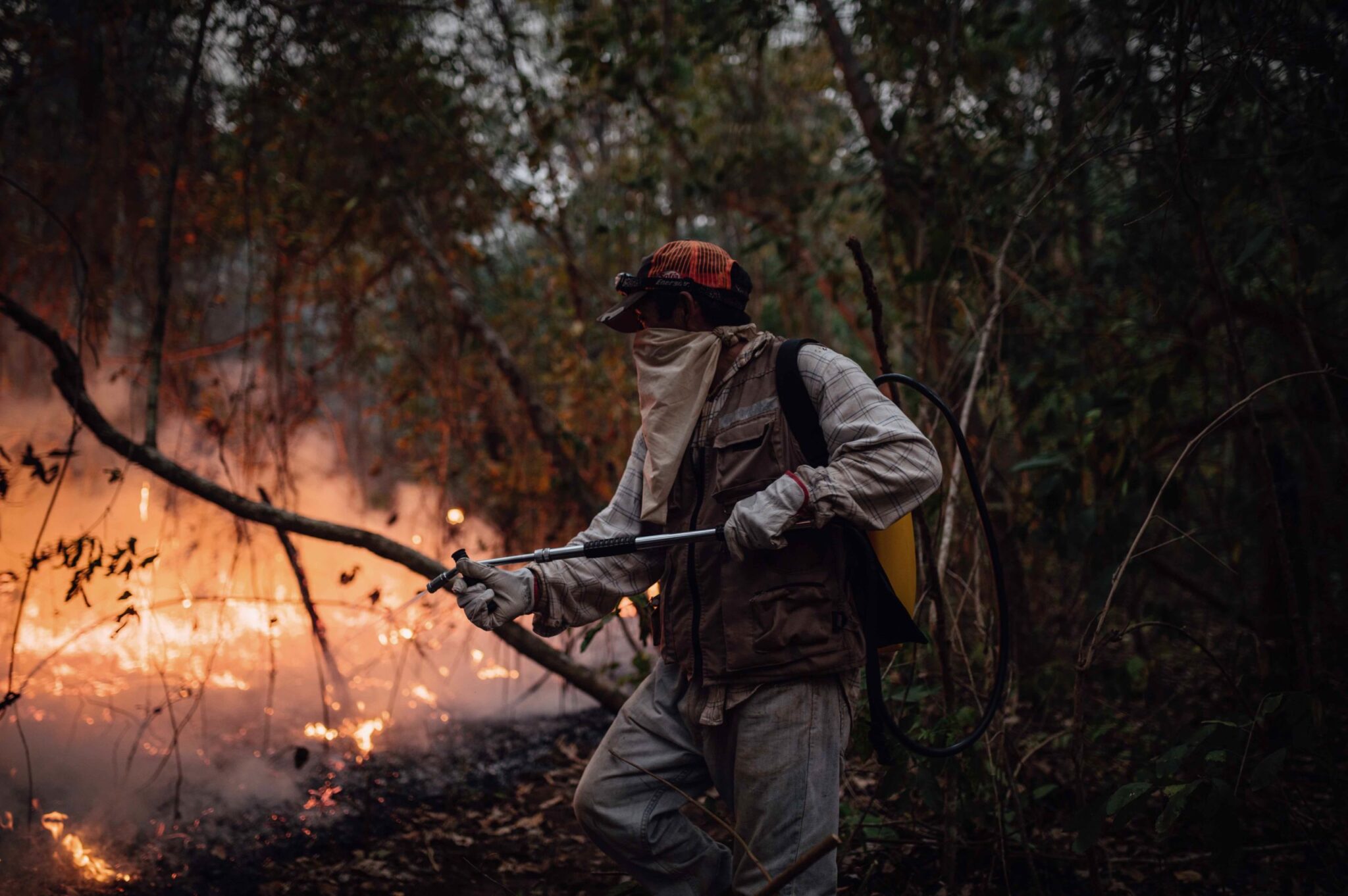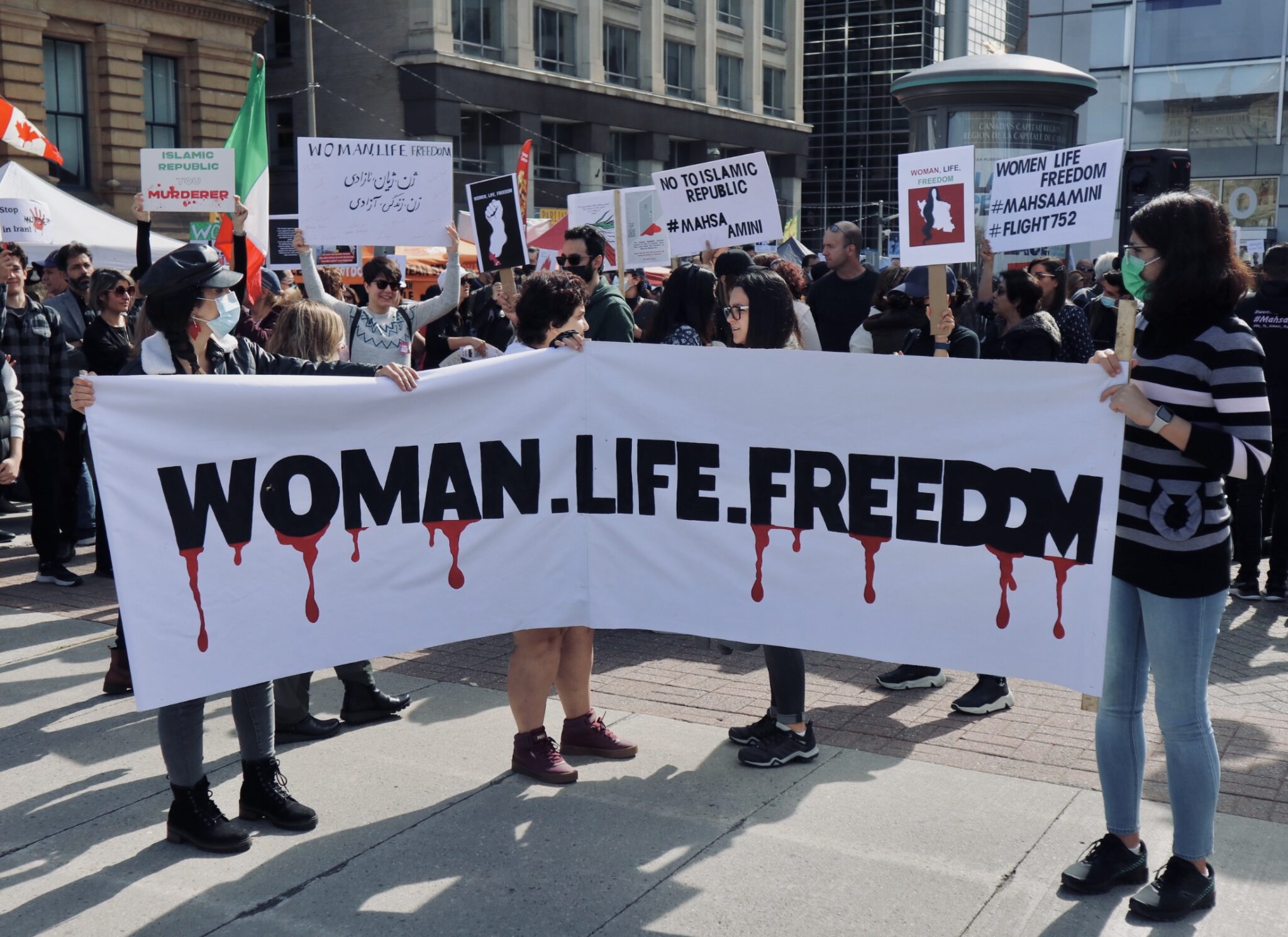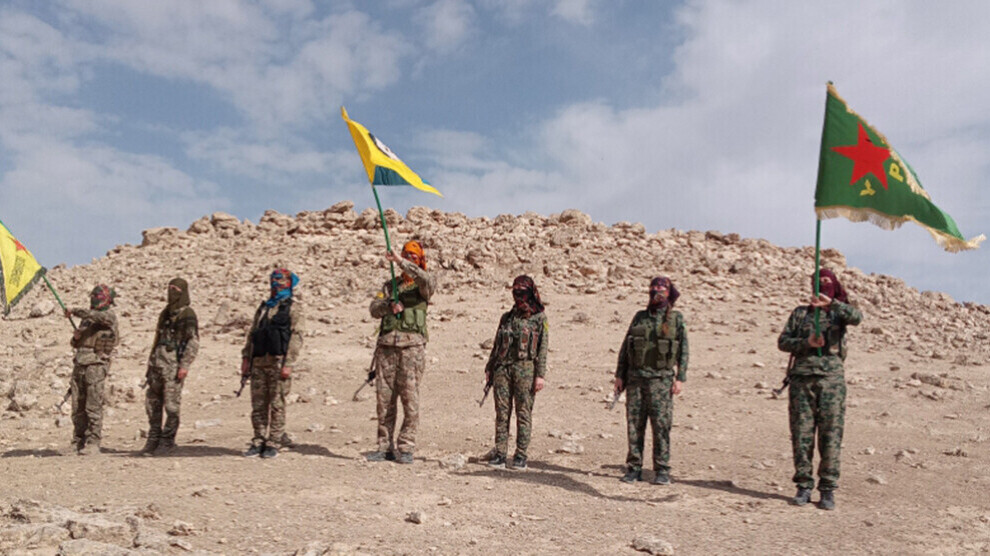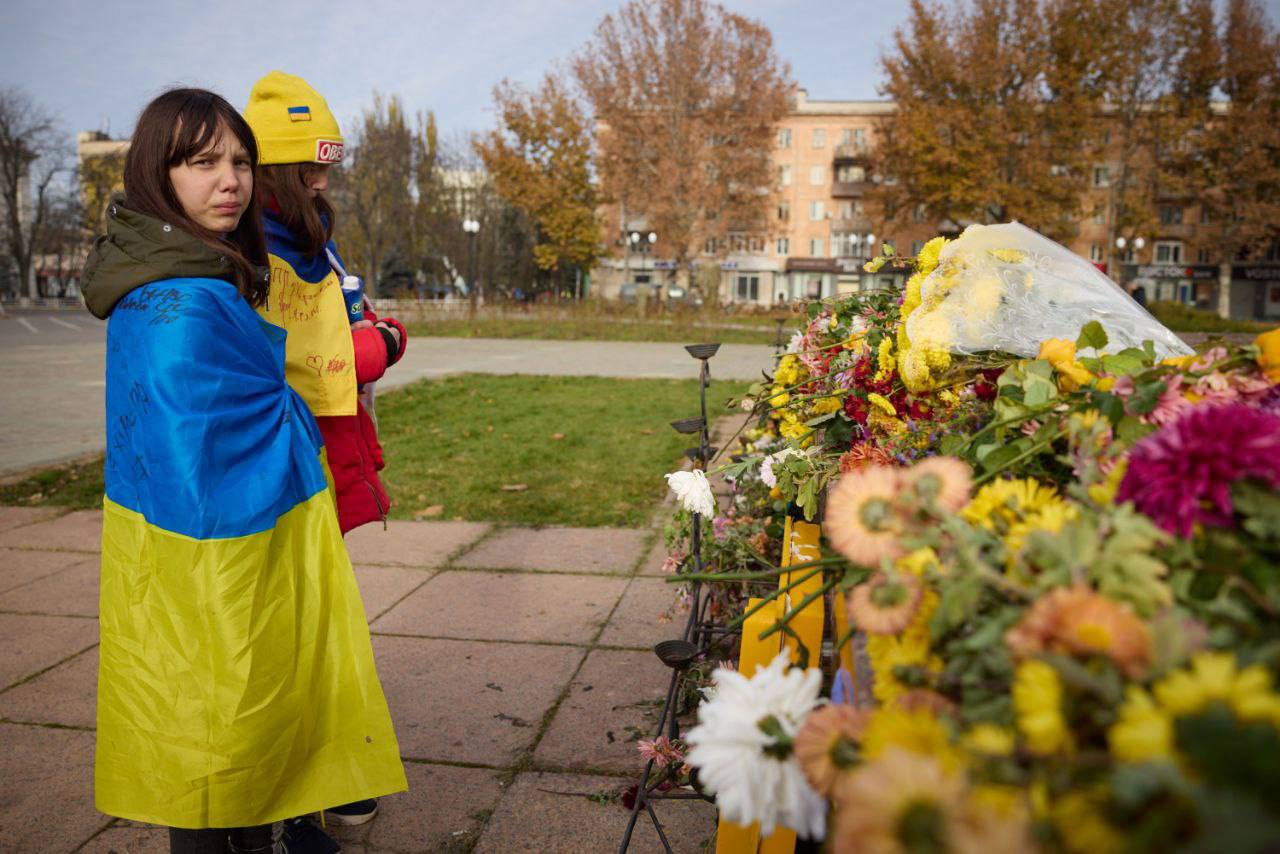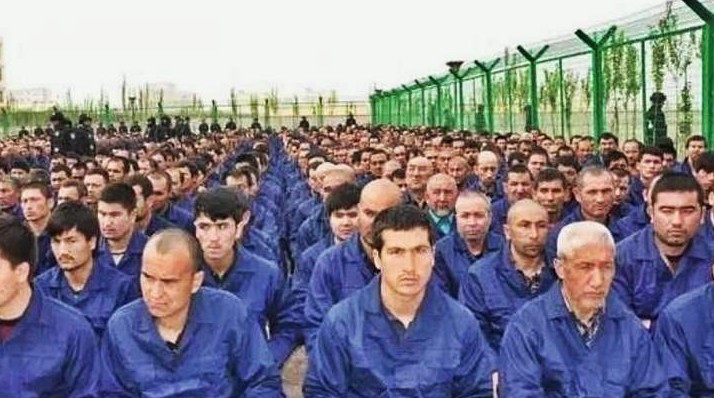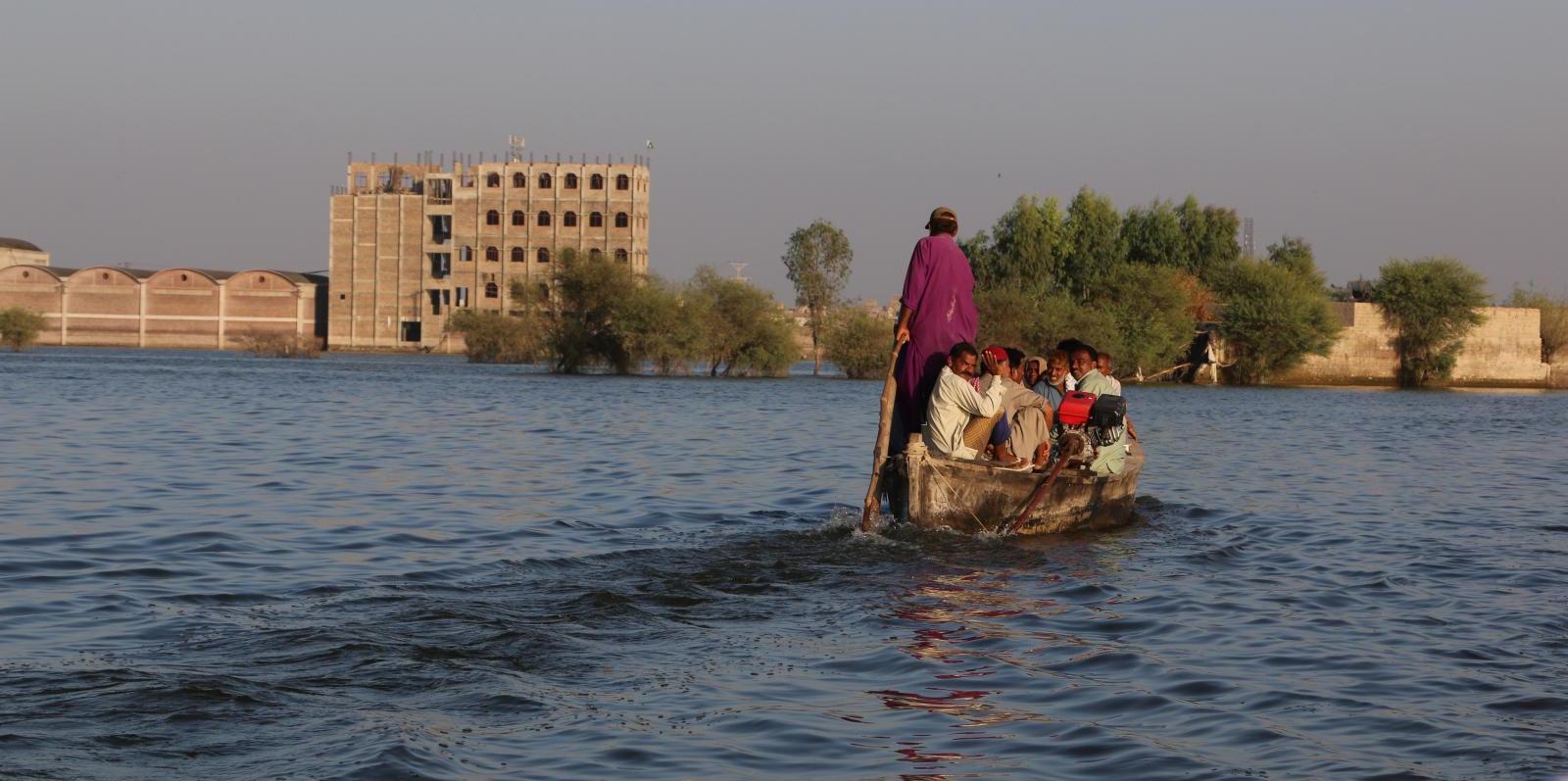Massacre claim overshadows DRC peace talks
A third round of peace talks between the Democratic Republic of Congo and rebel movements opened in Kenya. More than 50 armed and civil society groups are present at the dialogue. Rwanda, accused of backing the M23 rebels, has also been invited to this round—but not the M23 themselves. And the talks are overshadowed by accusations of a massacre of 50 civilians by the M23 in the town of Kishishe, Noth Kivu province. In a statement, the M23 rejected the claims and accused the DRC government of preparing a “genocide” against Congolese Tutsi. The M23 meanwhile continue their advance on the provincial capital of Goma. (Map: CIA)



